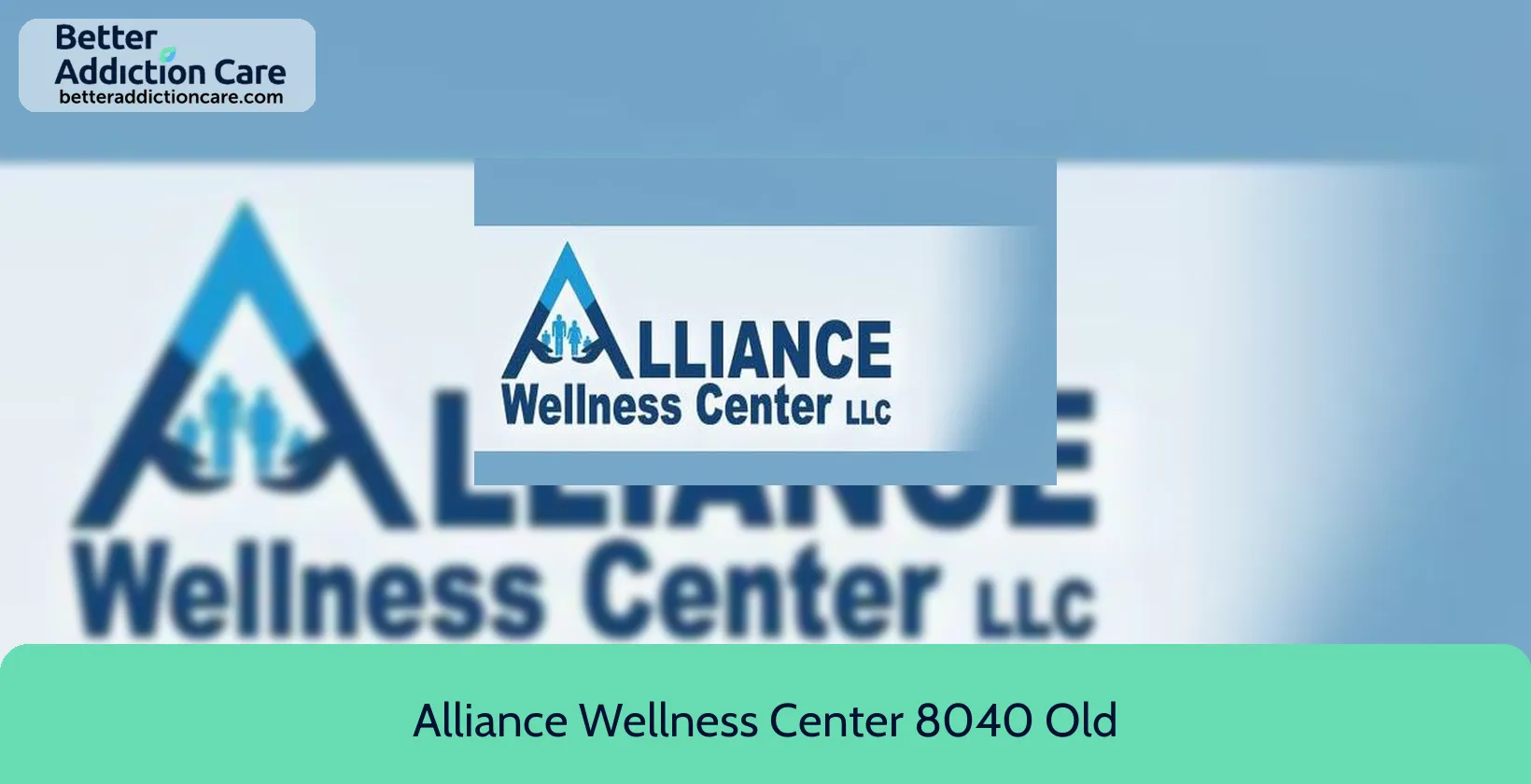Alliance Wellness Center 8040 Old Cedar Avenue South
Overview
Alliance Wellness Center 8040 Old Cedar Avenue South is a substance abuse treatment center for people seeking treatment near Hennepin County. As part of their treatment modalities for recovery, Alliance Wellness Center 8040 Old Cedar Avenue South provides cognitive behavioral therapy, telemedicine/telehealth therapy, and substance use disorder counseling during treatment. Alliance Wellness Center 8040 Old Cedar Avenue South is located in Minneapolis, Minnesota, accepting cash or self-payment for treatment.
Alliance Wellness Center 8040 Old Cedar Avenue South at a Glance
Payment Options
- Cash or self-payment
- Medicaid
- State-financed health insurance plan other than Medicaid
- Private health insurance
Assessments
- Comprehensive substance use assessment
- Interim services for clients
- Outreach to persons in the community
- Screening for mental disorders
- Screening for substance use
Age Groups
- Young adults
- Adults
- Seniors
Ancillary Services
- Case management service
- Specially designed program for DUI/DWI clients
- Domestic violence services, including family or partner
- Mental health services
- Social skills development
Highlights About Alliance Wellness Center 8040 Old Cedar Avenue South
6.83/10
With an overall rating of 6.83/10, this facility has following balanced range of services. Alcohol Rehabilitation: 8.00/10, Drug Rehab and Detox: 6.00/10, Insurance and Payments: 6.00/10, Treatment Options: 7.33/10.-
Alcohol Rehabilitation 8.00
-
Treatment Options 7.33
-
Drug Rehab and Detox 6.00
-
Insurance and Payments 6.00
Accreditations
State department of health:

Government agencies issue State Licenses, granting rehabilitation organizations permission to operate their businesses lawfully within specific geographic regions. The specific licenses needed for legal operation are typically determined by the type of rehabilitation program offered by the facility and its physical location.
Treatment At Alliance Wellness Center 8040 Old Cedar Avenue South
Treatment Conditions
- Mental health treatment
- Alcoholism
- Substance use treatment
- Co-occurring Disorders
Care Levels
- Outpatient
- Outpatient day treatment or partial hospitalization
- Intensive outpatient treatment
- Regular outpatient treatment
- Aftercare
Treatment Modalities
- Cognitive behavioral therapy
- Telemedicine/telehealth therapy
- Substance use disorder counseling
- Trauma-related counseling
- Smoking/vaping/tobacco cessation counseling
Ancillary Services
Additional Services
- Pharmacotherapies administered during treatment
- Mentoring/peer support
- Breathalyzer or blood alcohol testing
Special Programs
- Clients who have experienced trauma
Get Help Now
Common Questions About Alliance Wellness Center 8040 Old Cedar Avenue South
Contact Information
Other Facilities in Minneapolis

6.83

6.65

6.83

6.65

6.68

7.02

6.62

6.91
DISCLAIMER: The facility name, logo and brand are the property and registered trademarks of Agate Housing and Services - Day by Day Program, and are being used for identification and informational purposes only. Use of these names, logos and brands shall not imply endorsement. BetterAddictionCare.com is not affiliated with or sponsored by Agate Housing and Services - Day by Day Program.

